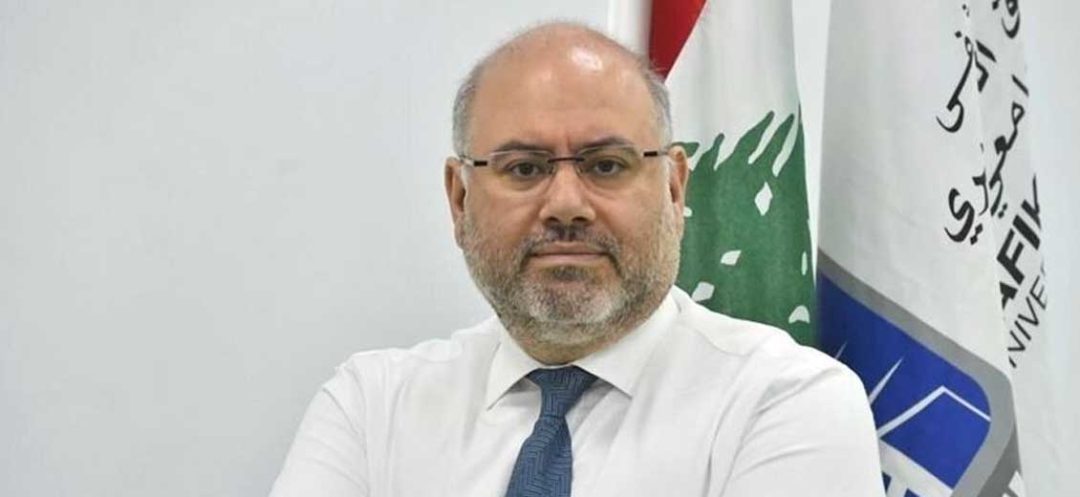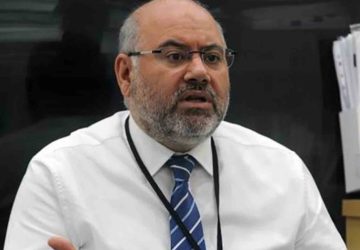Caretaker Minister of Health, Firas Abiad, assured on Friday that the new Finance Law has made it possible to increase the rates of medical tariffs insured by the Ministry.
“These tariffs are approaching 80% to 100% of those that prevailed before the economic and financial crisis (of 2019),” said the minister at a press conference, adding that these rates also included “doctors’ fees.”
“However, patients will have to pay 20% and 35% of the bill in government and private hospitals, respectively,” continued Abiad. “The cost of dialysis sessions will continue to be fully covered by the Ministry.”
In this context, he explained that the Ministry is looking into two projects aimed at “covering the 20% difference that patients from the most disadvantaged backgrounds will not be able to secure in government hospitals.”
The first project, carried out in coordination with UNICEF, concerns premature babies and births. The second project is being carried out in coordination with the World Health Organization. It aims to cover the hospital costs of patients suffering from life-threatening illnesses or those that could seriously affect their organs.
The new rates will be applied as of April 1, Abiad stressed, noting that the funds allocated to the Ministry of Health as part of the budget for fiscal year 2024 “represent 50% of the budget devoted to it before the crisis” of 2019. This has prompted the Ministry to “prioritize life-threatening diseases.”
These include cancer, dialysis, heart disease, pregnancy, and childbirth cases, as well as mental and psychiatric illnesses. The so-called cold medical cases come second. Patients will, in some cases, have to wait their turn,” noted Abiad.
He also stressed that the range of services will be expanded in the coming months, based on studies currently being carried out.
Concerning medical supplies and materials, a plan is being developed to cover them under a monitoring mechanism similar to the one set up for medicines, which will “put an end to the chaos that reigns at the level of tariffs and the manipulation of the quality of these supplies.” This mechanism should be ready by the second half of April. It will first cover the materials needed for cardiac catheterization and will be followed by materials used in orthopedic surgery, springs, and pacemakers.
Asserting that the payment of state dues to hospitals will be accelerated, Abiad stressed that the Ministry will publish instructions on its website and on its social media platforms to make patients aware of their duties. A list of the Ministry’s new tariffs and the differences the patient will have to pay will also be published on its website. The information will also be available on an application that will be launched shortly. A toll-free number will also be made available to patients. Finally, a unit of controllers has been set up to monitor the sector. It reports directly to the Minister of Health.





